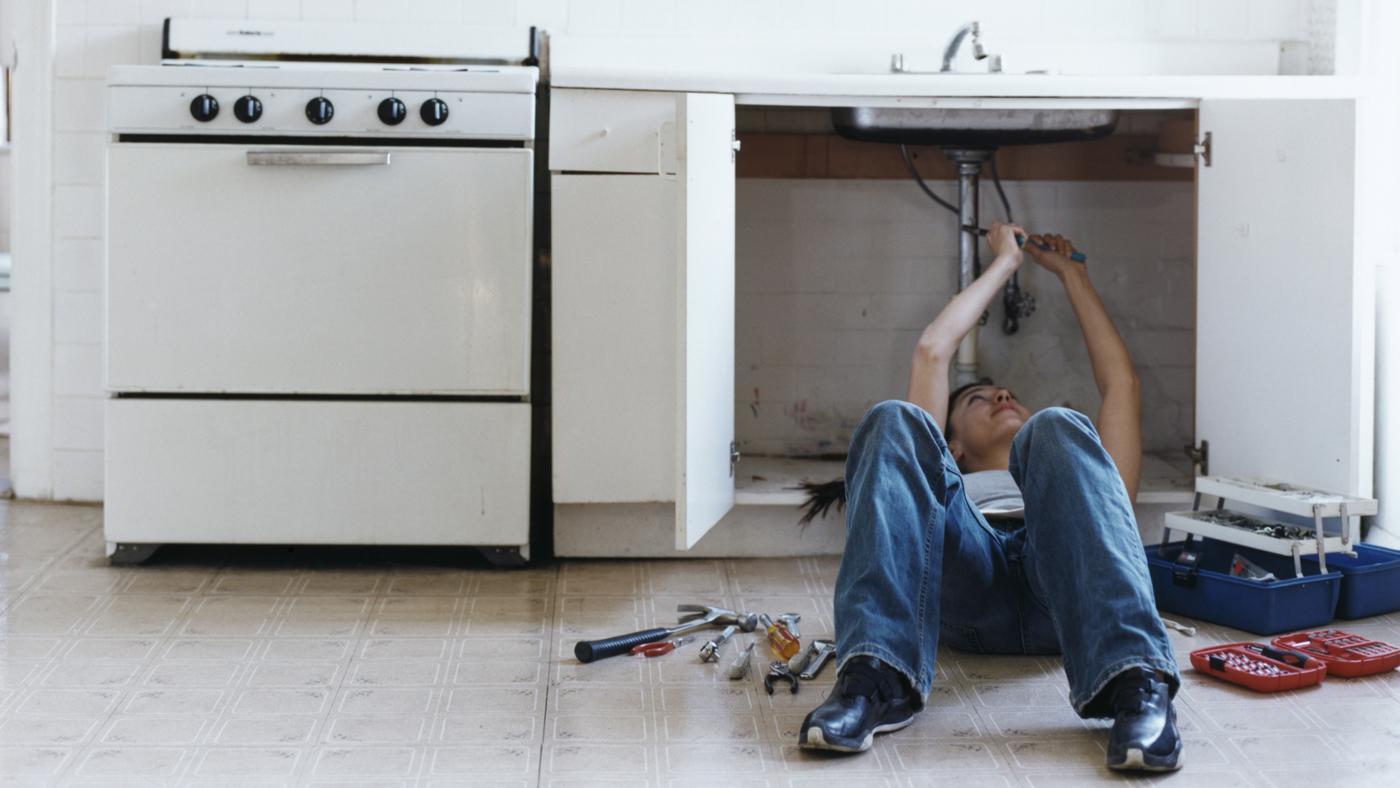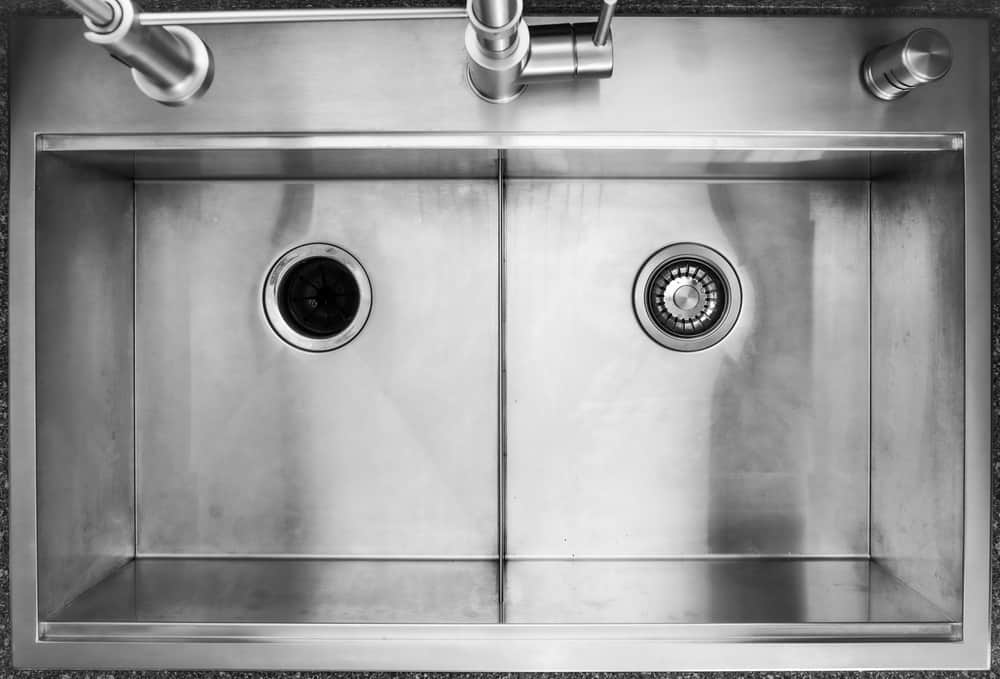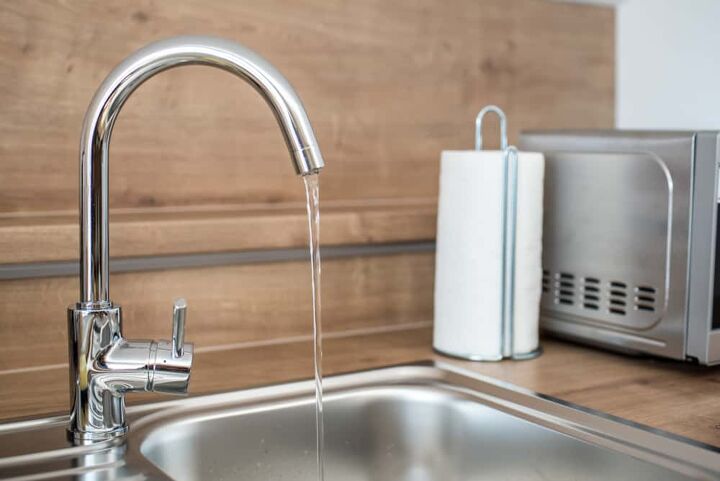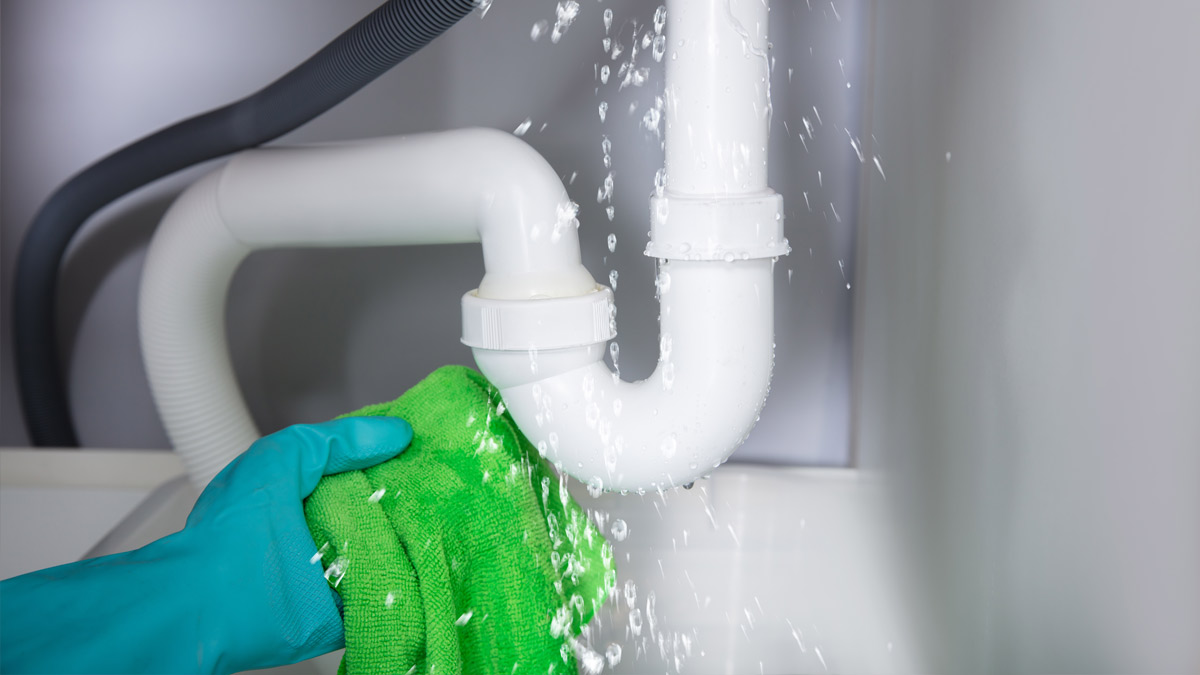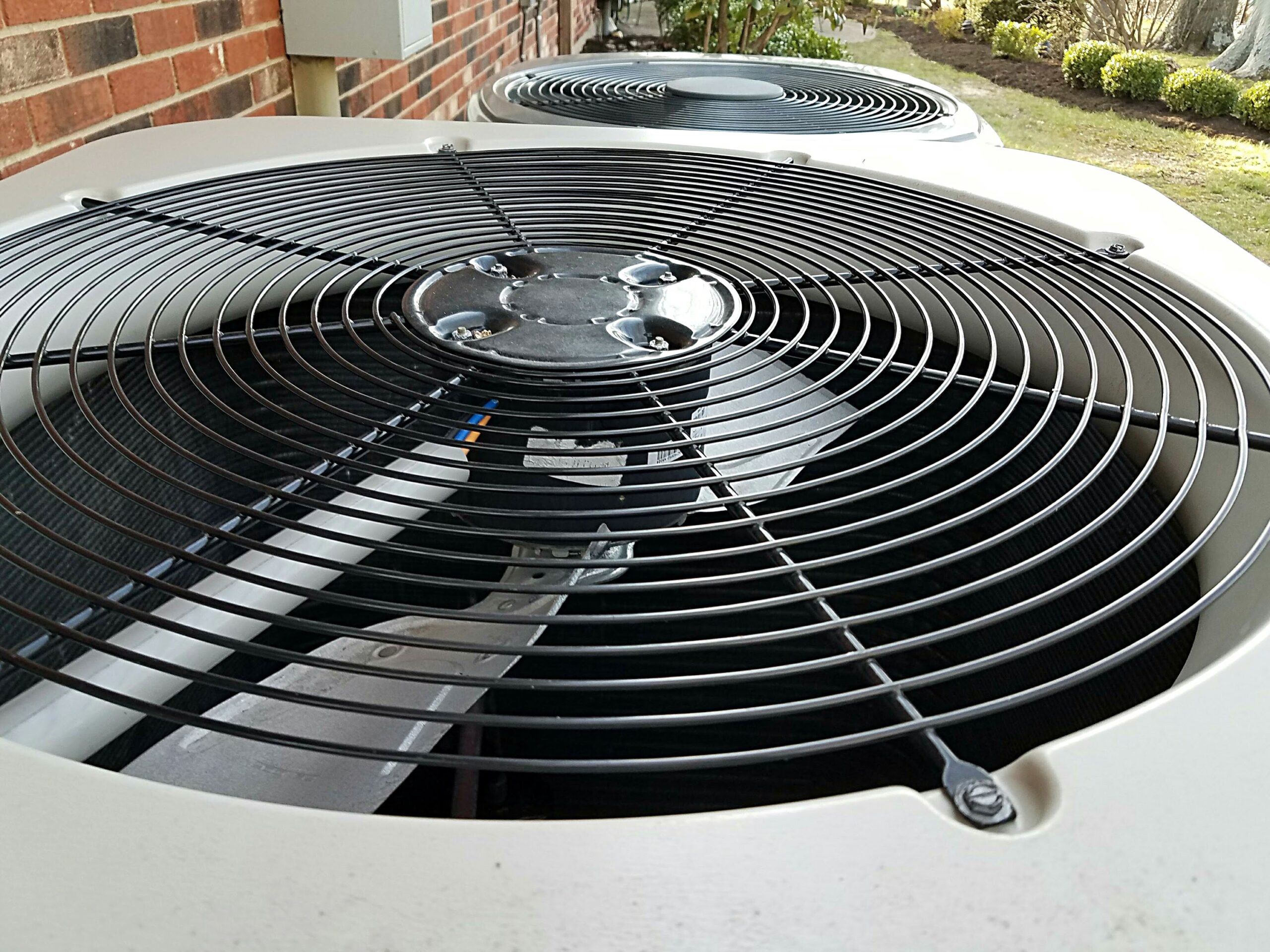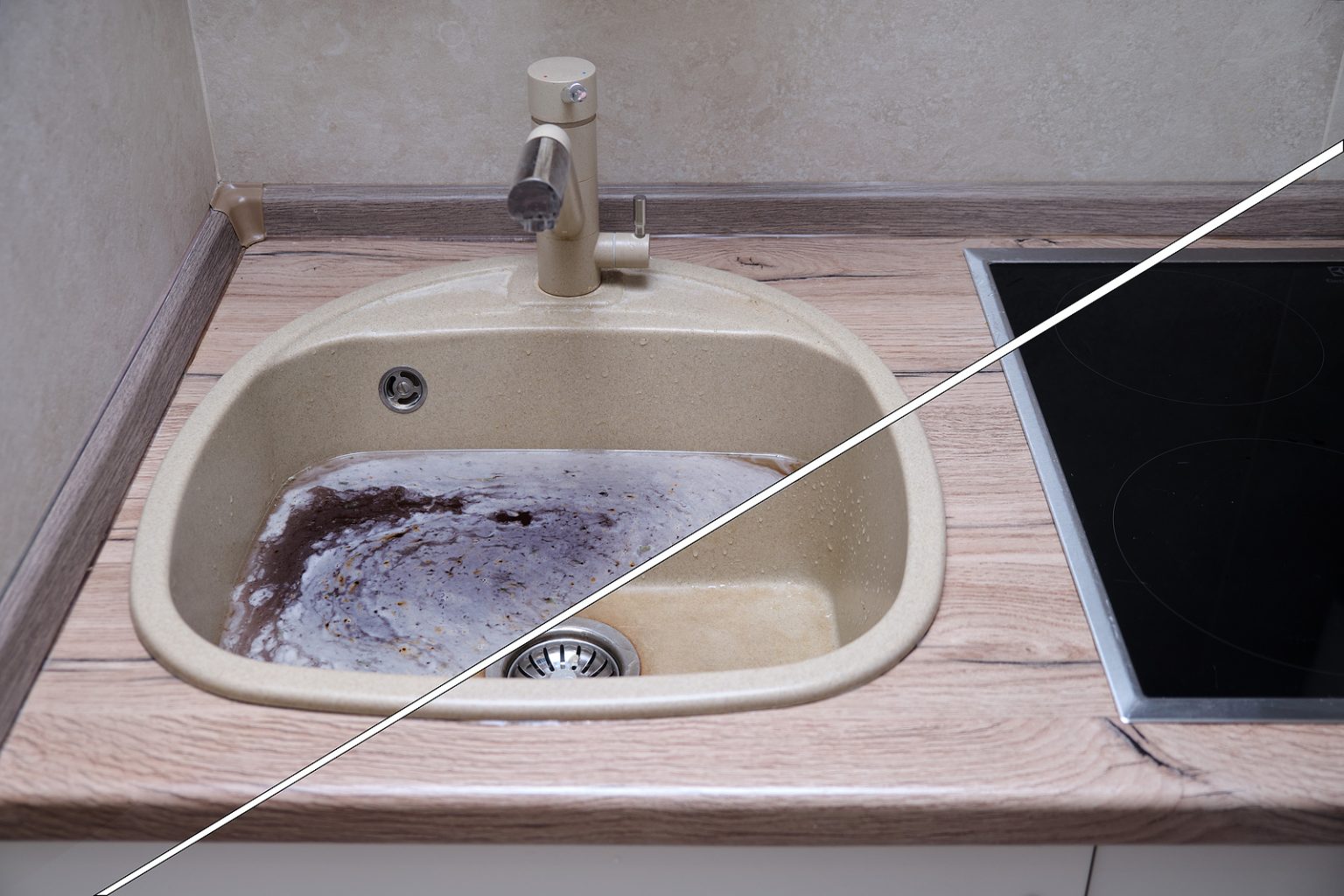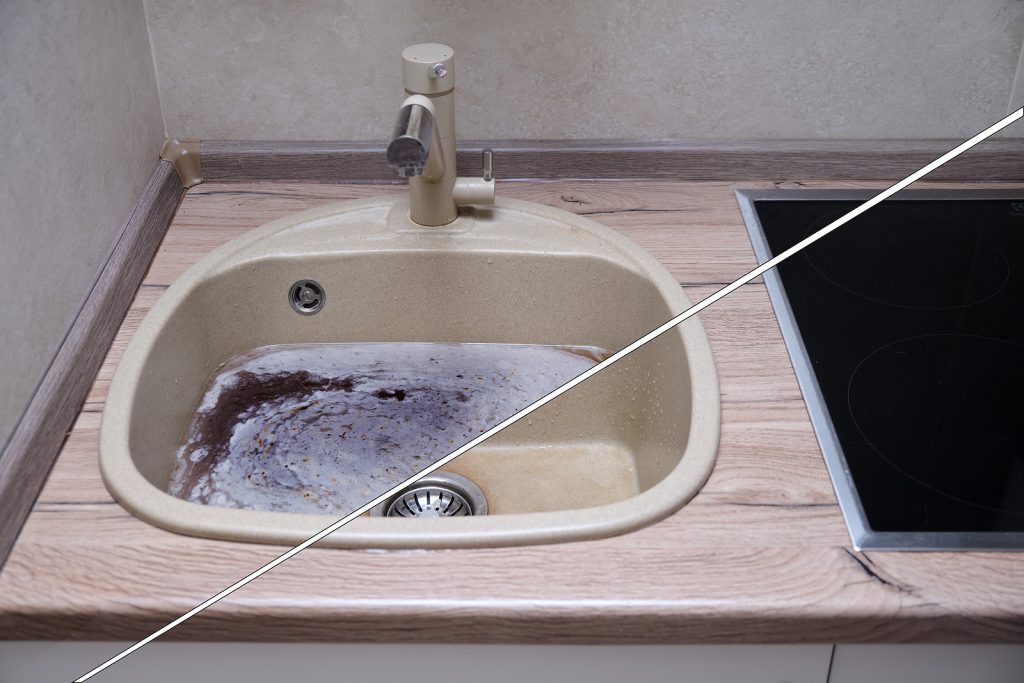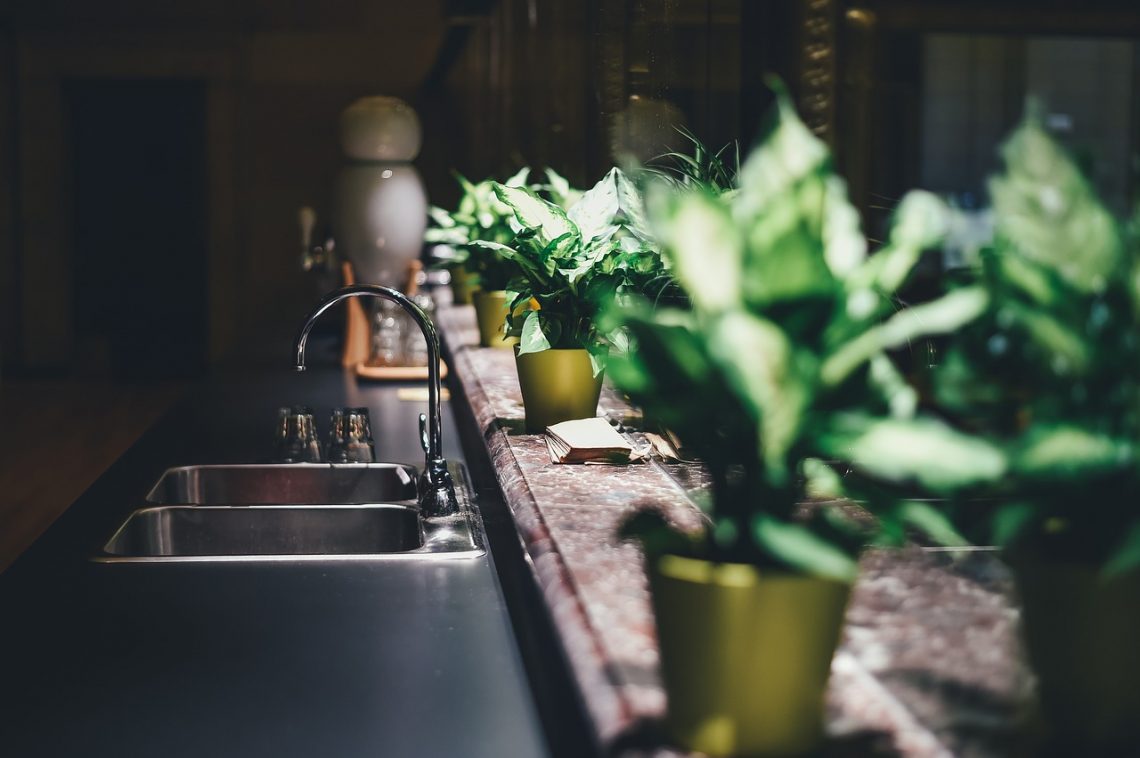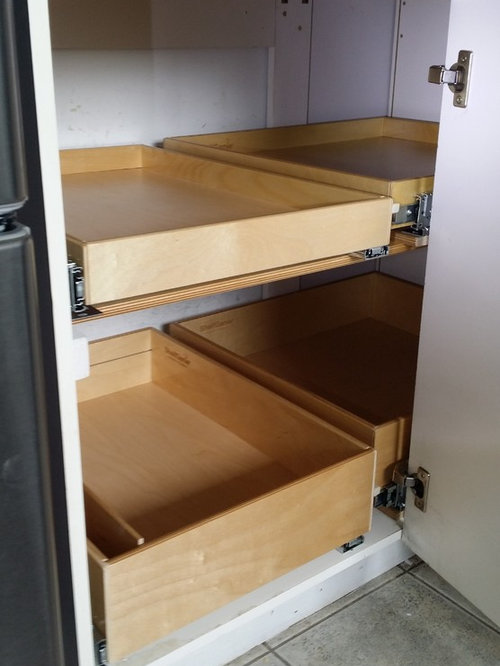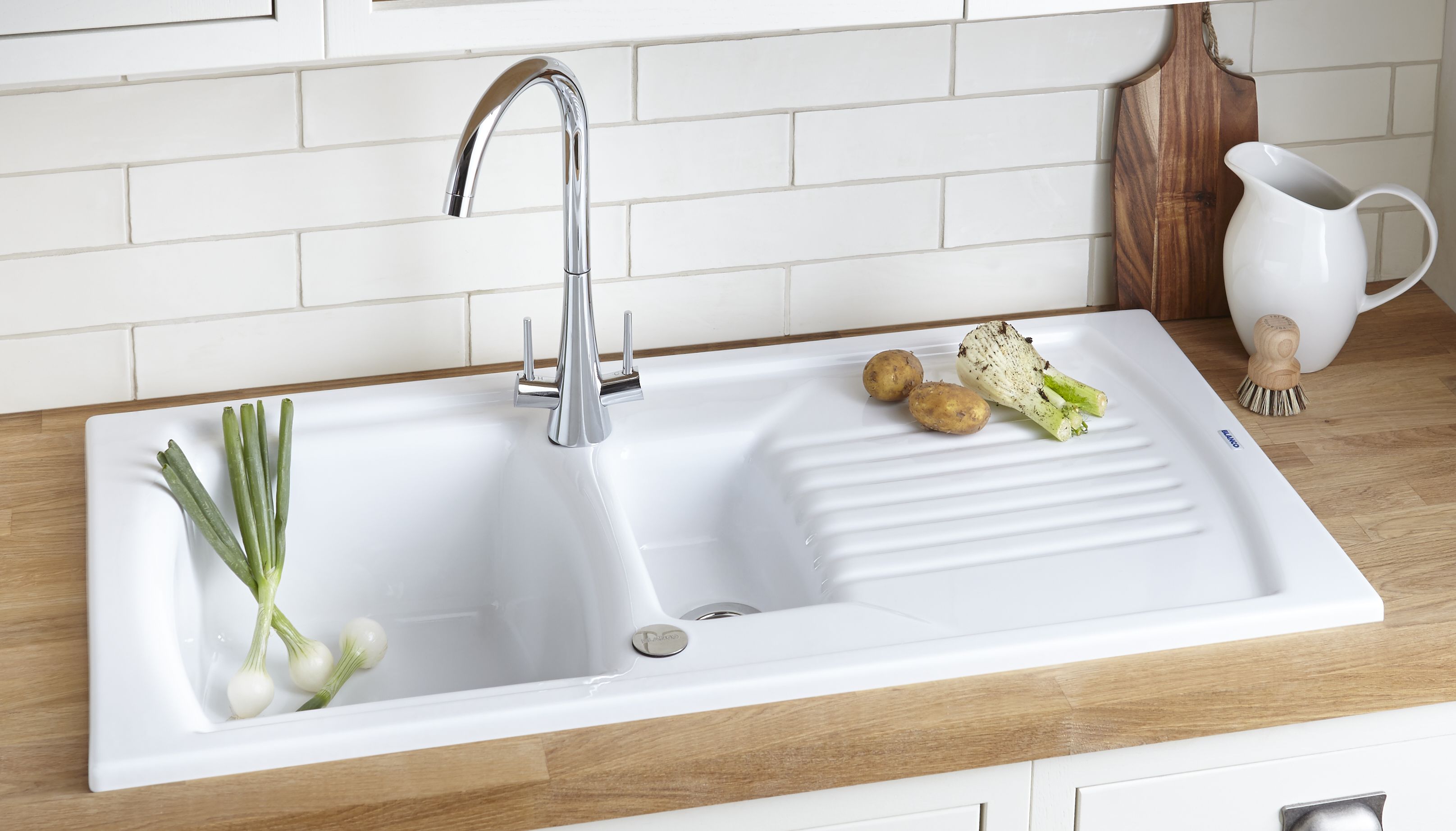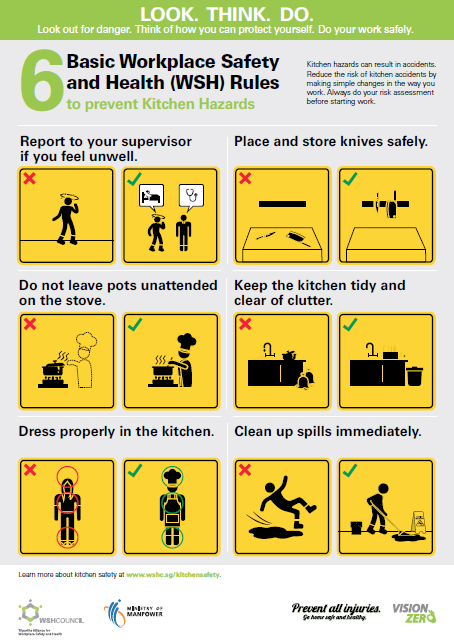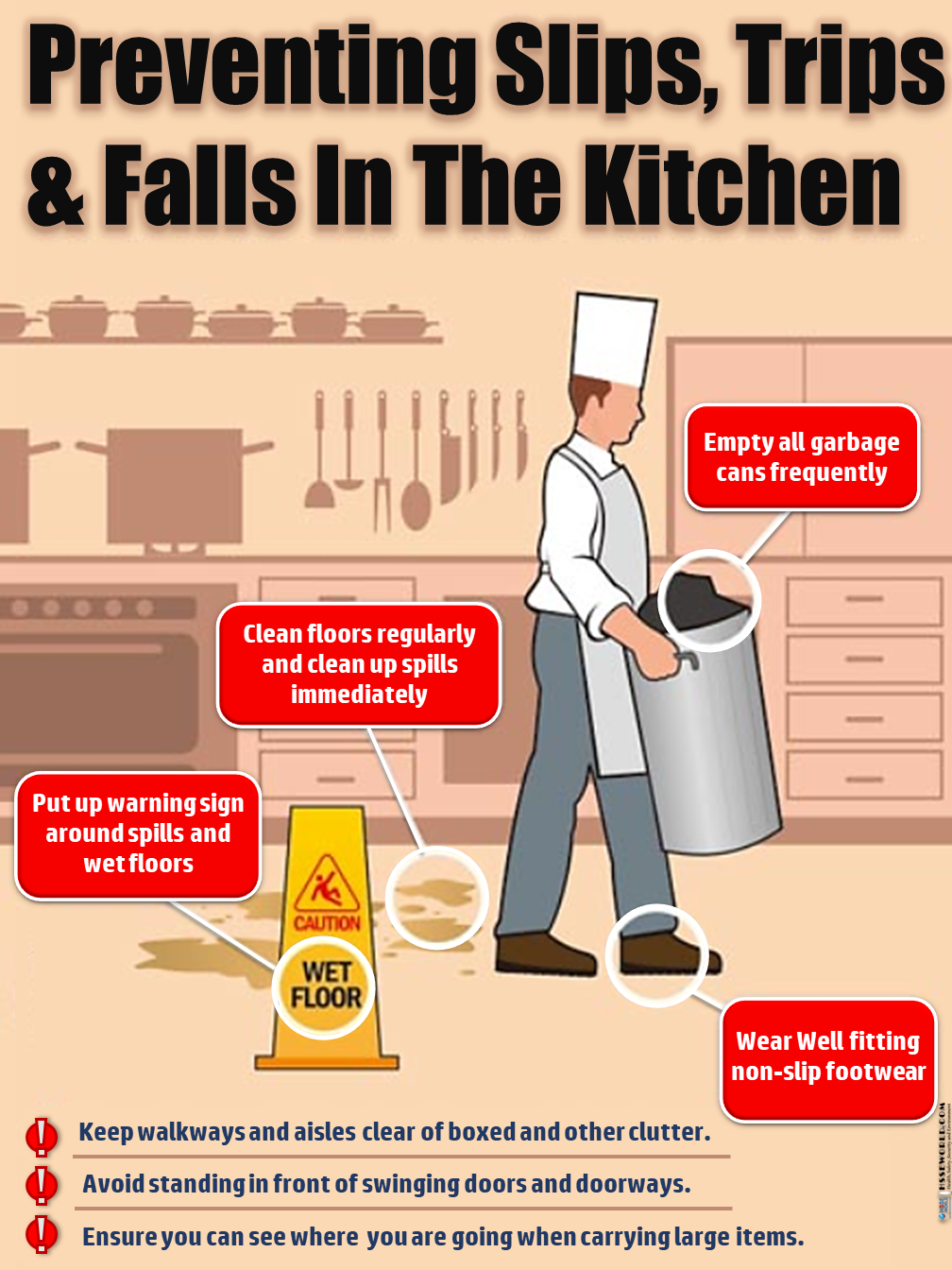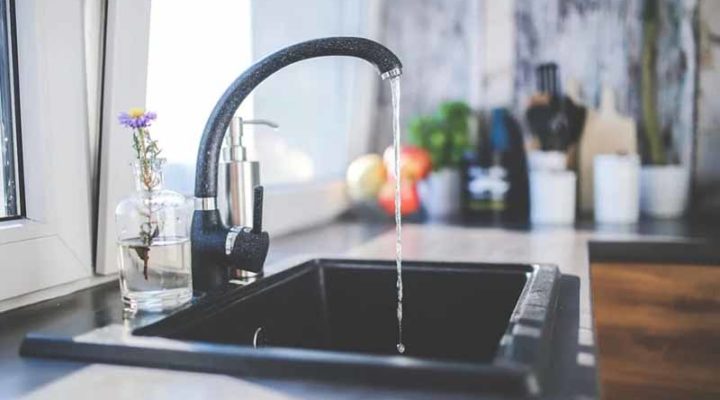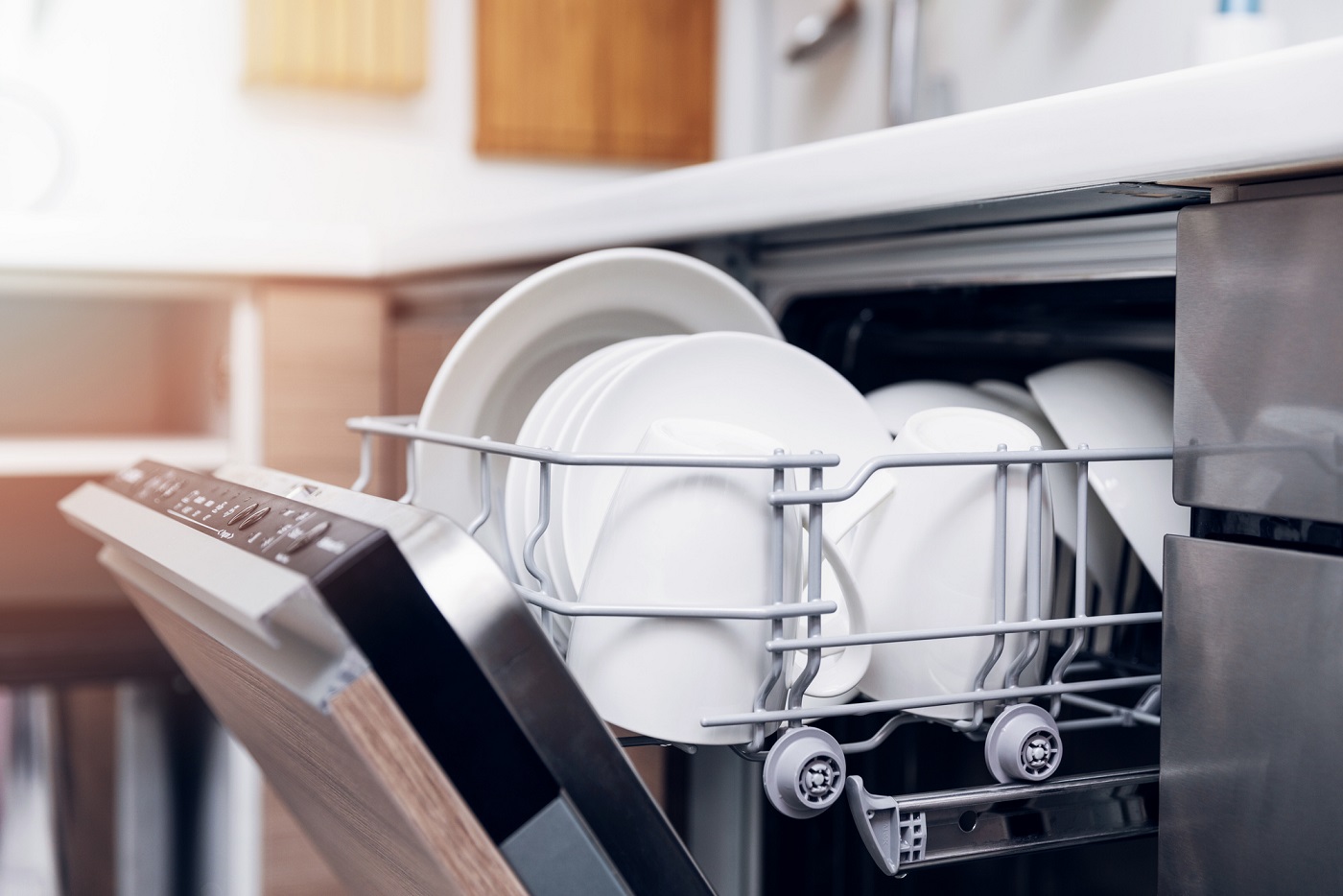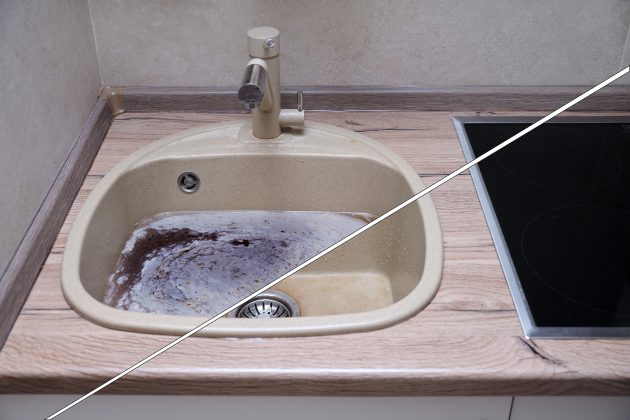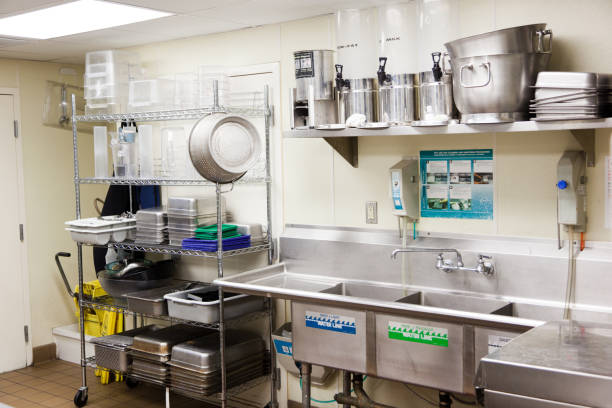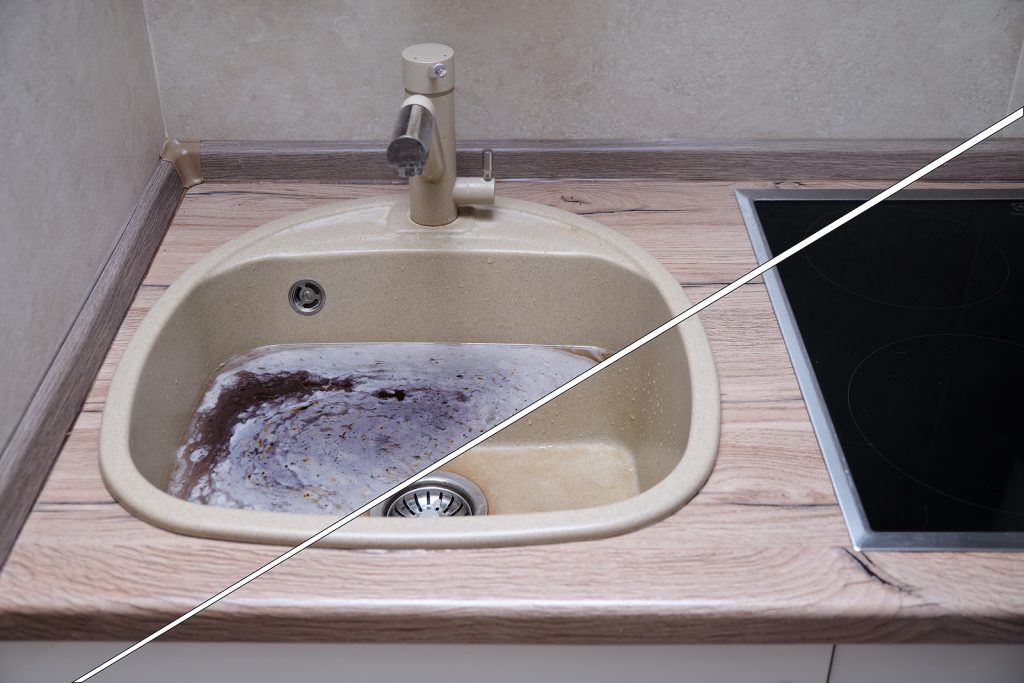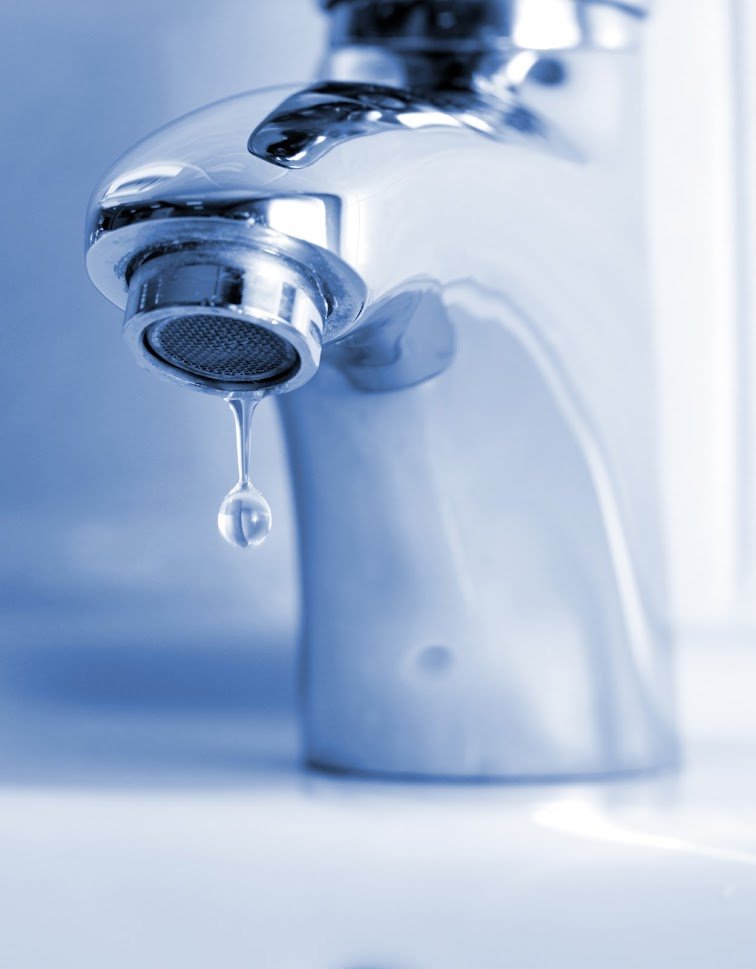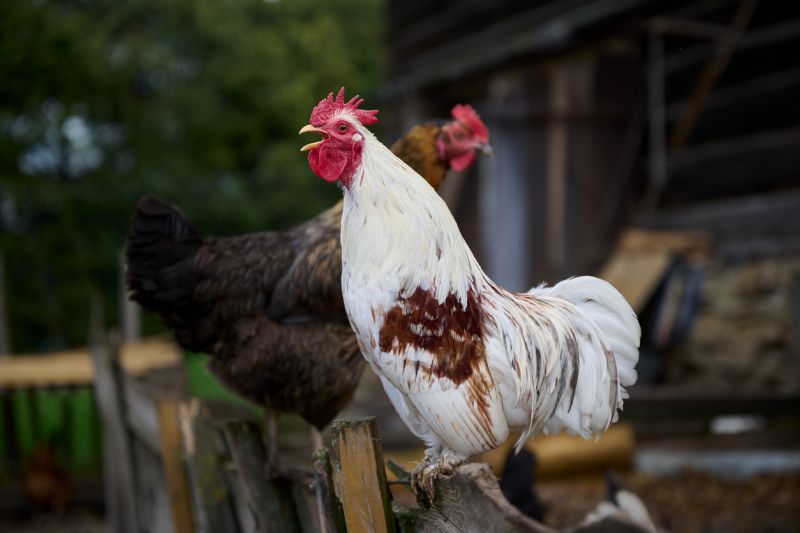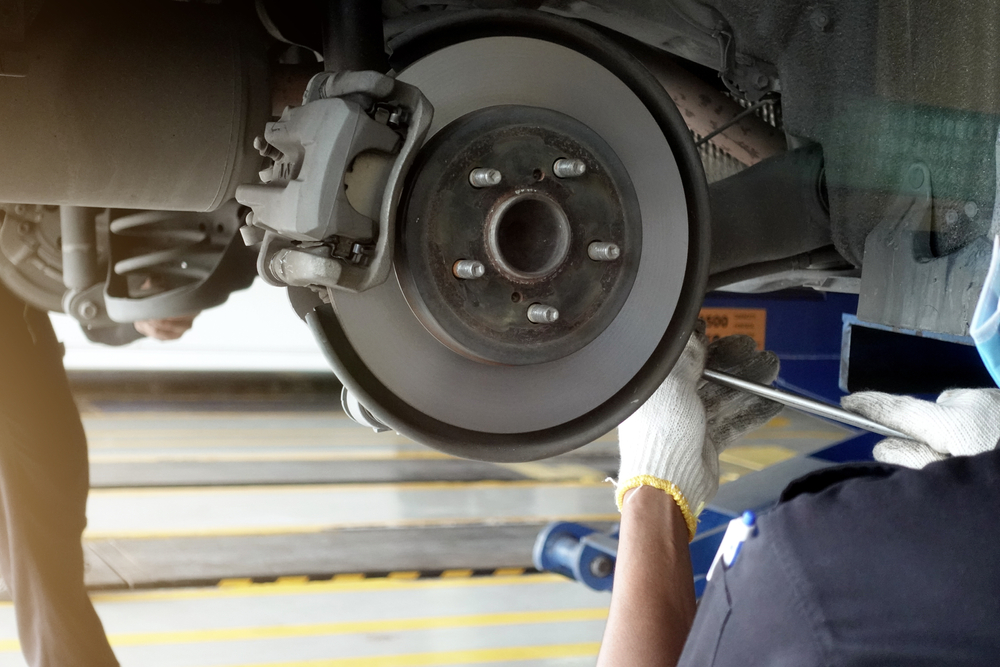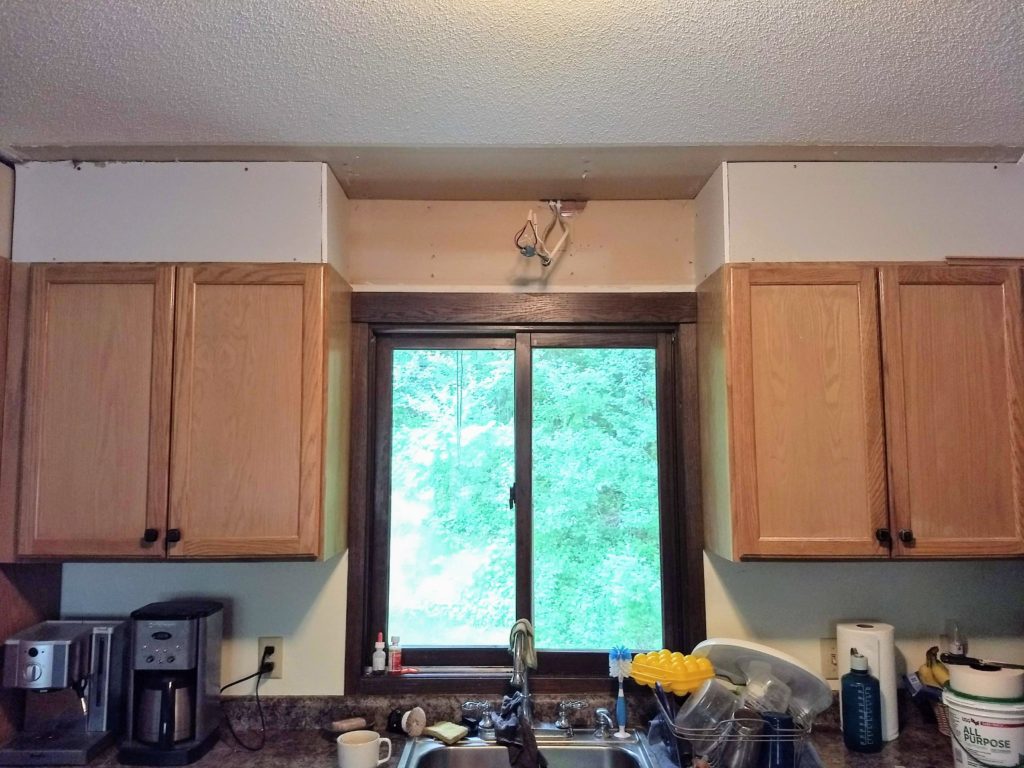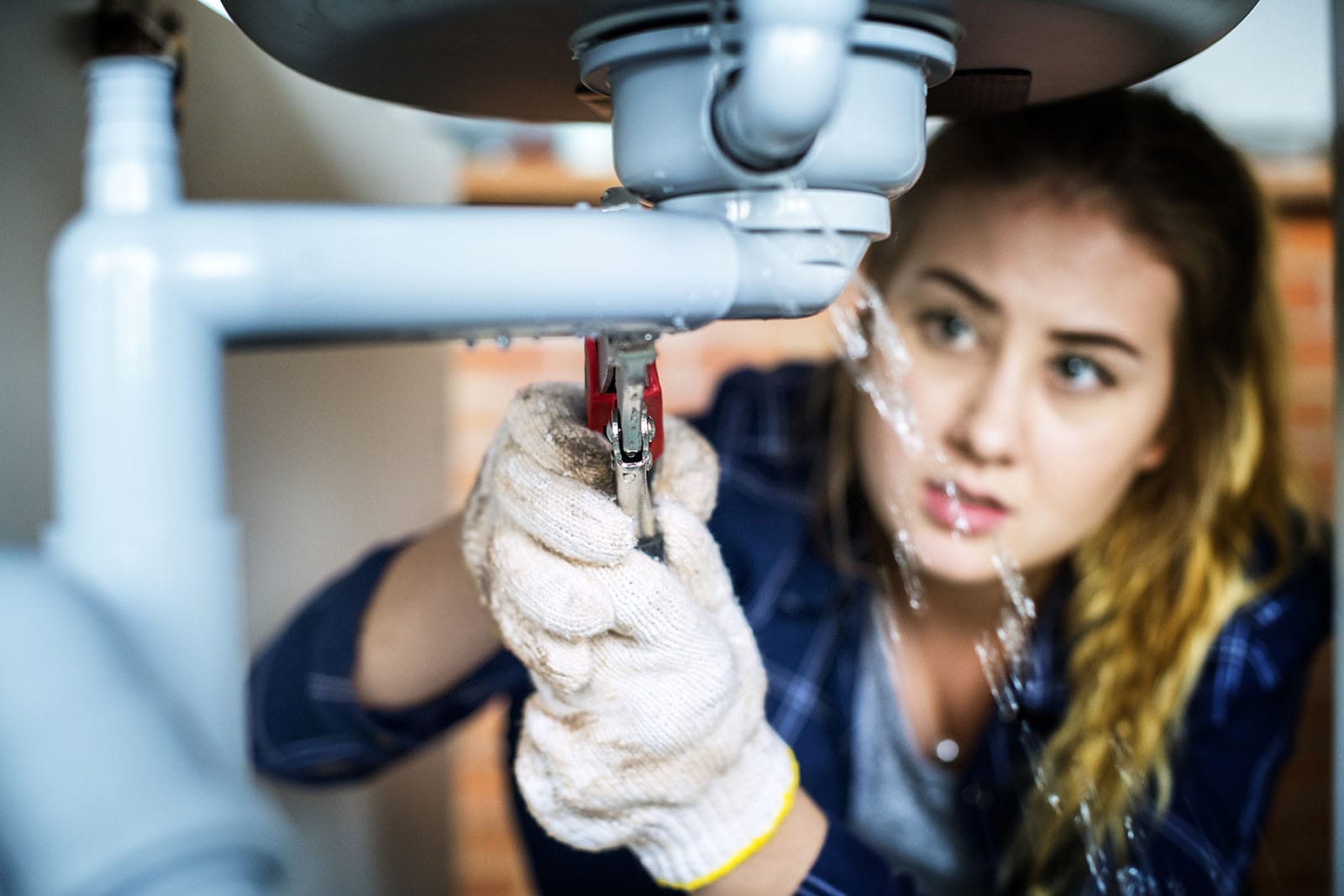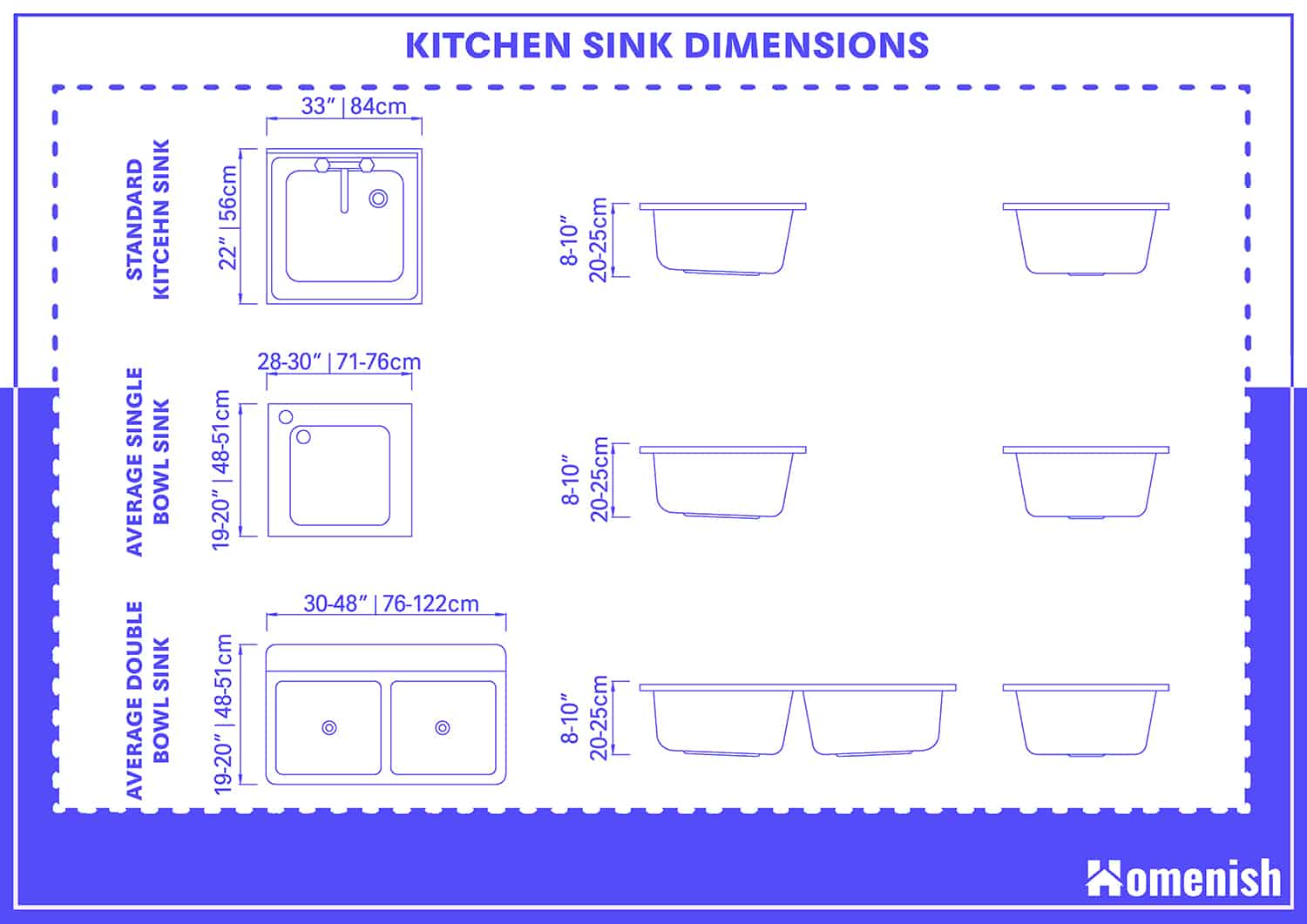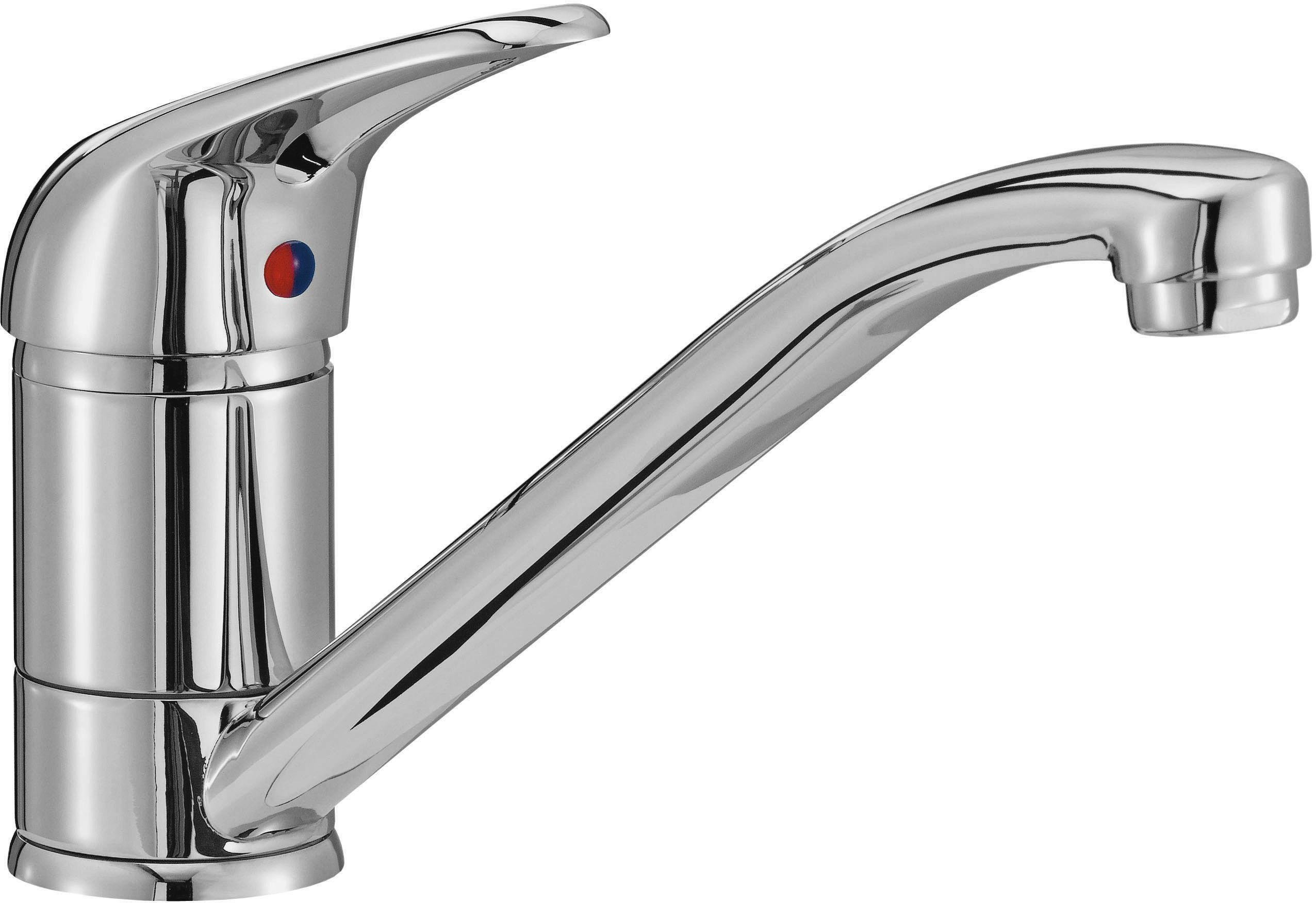Dealing with a noisy kitchen sink can be frustrating and disruptive to your daily routine. The constant clanging and banging can be a nuisance, not to mention a potential sign of a bigger problem. But fear not, there are simple solutions to quiet down your noisy kitchen sink and restore peace and quiet to your home. The first step in fixing a noisy kitchen sink is identifying the source of the noise. There are several common causes for a noisy sink, each with their own solution. So let's take a look at some of the most common culprits and how to fix them.1. How to Fix a Noisy Kitchen Sink
One of the most common sources of a noisy kitchen sink is loose pipes. Over time, the pipes in your sink can become loose and start to rattle or bang against each other. This can be easily fixed by tightening the pipes or securing them with pipe insulation. Another common cause of a noisy sink is a loose faucet. If your faucet is not securely attached to the sink, it can vibrate and make a loud noise when the water is turned on. Simply tightening the faucet with a wrench can solve this problem. Water hammer is another common culprit of a noisy kitchen sink. This occurs when the water flow is suddenly stopped, causing a loud banging or hammering sound. This can be fixed by installing a water hammer arrestor or by adjusting the water pressure.2. Common Causes of a Noisy Kitchen Sink
If the noises from your kitchen sink are not caused by loose pipes, faucet, or water hammer, there may be a more serious issue at hand. In this case, it is best to troubleshoot the problem to determine the source of the noise. Start by turning off the water supply to your sink. If the noise stops, then the issue is most likely with the plumbing. If the noise persists, it could be coming from the garbage disposal or dishwasher. Check these appliances for any loose parts or debris that may be causing the noise. If the noise only occurs when the hot water is turned on, the issue could be with the hot water heater. Check the heating element and thermostat for any malfunctions.3. Troubleshooting a Noisy Kitchen Sink
Now that you have identified the source of the noise, it's time to take action and quiet down your kitchen sink. For loose pipes, faucet, or water hammer, simple adjustments or installations can do the trick. If the noise is caused by a loose faucet, tighten it with a wrench. For loose pipes, use pipe insulation or secure them with pipe straps. A water hammer arrestor can also be installed to prevent the banging sound caused by water hammer. If the problem is with the garbage disposal or dishwasher, check for any loose parts or debris and tighten or remove them accordingly. For issues with the hot water heater, it may be best to call a professional plumber for assistance.4. How to Quiet a Noisy Kitchen Sink
If you are a handy person, there are several DIY solutions for a noisy kitchen sink that you can try. For example, you can use rubber washers to cushion the pipes and reduce any vibrations. You can also place a layer of soundproofing material under the sink to reduce the noise. Another DIY solution is to use a noise-canceling foam pad under the sink. This will not only reduce the noise but also help to keep the pipes in place. Additionally, you can try adjusting the water pressure to prevent water hammer or install a water hammer arrestor yourself.5. DIY Solutions for a Noisy Kitchen Sink
Prevention is always better than a cure, so here are some tips for preventing a noisy kitchen sink in the future. Regularly check and tighten any loose parts, such as pipes and faucet, to prevent them from causing noise. Also, avoid putting hard or bulky items down the garbage disposal to prevent damage and noise. Furthermore, make sure to regularly clean and maintain your hot water heater to prevent any malfunctions that may cause noise. And finally, be mindful of the water pressure in your home and adjust it accordingly to avoid water hammer.6. Tips for Preventing a Noisy Kitchen Sink
If the noise from your kitchen sink persists even after trying the above solutions, it may be time to call in the professionals. A licensed plumber can thoroughly inspect your sink and plumbing to identify the source of the noise and provide a long-term solution. They may recommend replacing old or damaged pipes, securing loose parts, or even installing a new sink or garbage disposal. While it may be a more expensive option, it can save you from any future headaches and ensure a quiet kitchen sink for years to come.7. Professional Solutions for a Noisy Kitchen Sink
As mentioned earlier, the first step in fixing a noisy kitchen sink is identifying the source of the noise. This can be done by troubleshooting or calling in a professional plumber for an inspection. If the issue is with the plumbing, you may hear rattling or banging noises when the sink is turned on. For a loose faucet, the noise will only occur when the water is turned on. And for water hammer, the noise will be a loud banging or hammering sound when the water is suddenly stopped.8. How to Identify the Source of a Noisy Kitchen Sink
Not all noises in a kitchen sink are cause for alarm. Some are completely normal and can even provide clues to any potential issues. For example, a gurgling sound may indicate a clog in the drain, while a hissing sound could mean a leak in the pipes. Additionally, a whining or humming noise may be a sign of a failing garbage disposal or dishwasher. It is important to pay attention to any new or unusual noises and address them promptly to prevent any further damage or disruptions.9. Common Noises in a Kitchen Sink and What They Mean
Once you have successfully fixed a noisy kitchen sink, it is important to maintain it to ensure it stays quiet. Regularly check for any loose parts or debris and address them promptly. Also, make sure to clean and maintain your hot water heater and monitor the water pressure in your home. By following these tips and taking care of your sink, you can enjoy a peaceful and quiet kitchen for years to come.10. How to Maintain a Quiet Kitchen Sink
The Problem with Noisy Kitchen Sinks
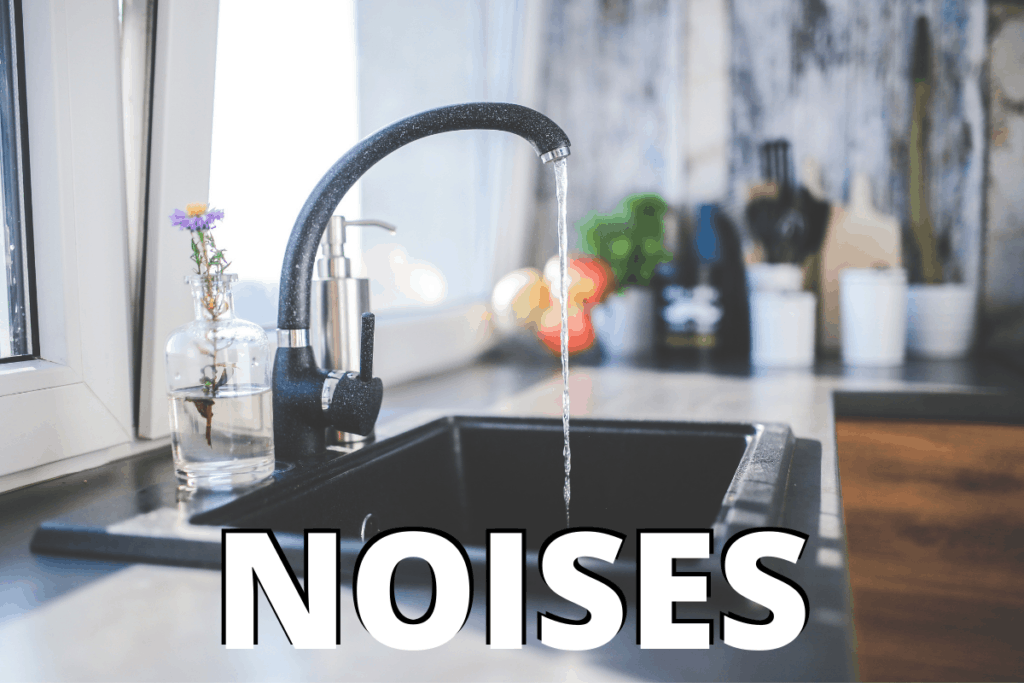
How to Improve Your Kitchen Sink's Noise Level
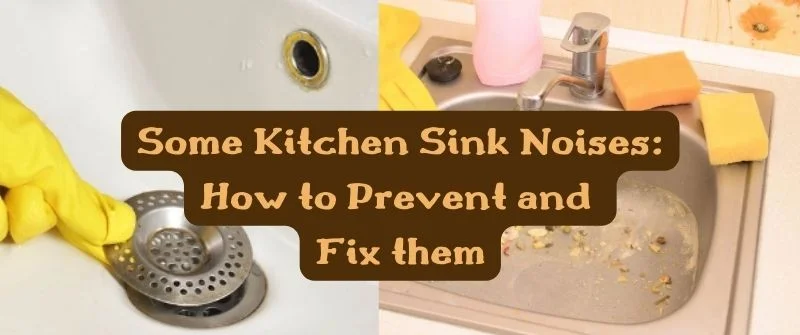
If you've ever been in a kitchen with a noisy sink, you know how frustrating and distracting it can be. The constant clanging and banging can disrupt conversations, make it difficult to concentrate, and even cause headaches. Not to mention, it can be embarrassing when having guests over. But what exactly causes kitchen sinks to make noise, and what can be done to remedy it?
One of the main culprits of a noisy kitchen sink is the lack of proper insulation. Many sinks are installed directly on the countertop without any soundproofing material in between, causing vibrations to travel and amplify throughout the kitchen. This is especially true for stainless steel sinks, which tend to be louder than other materials.
Luckily, there are several solutions to reducing the noise level of your kitchen sink.
1. Add a Soundproofing Undercoating
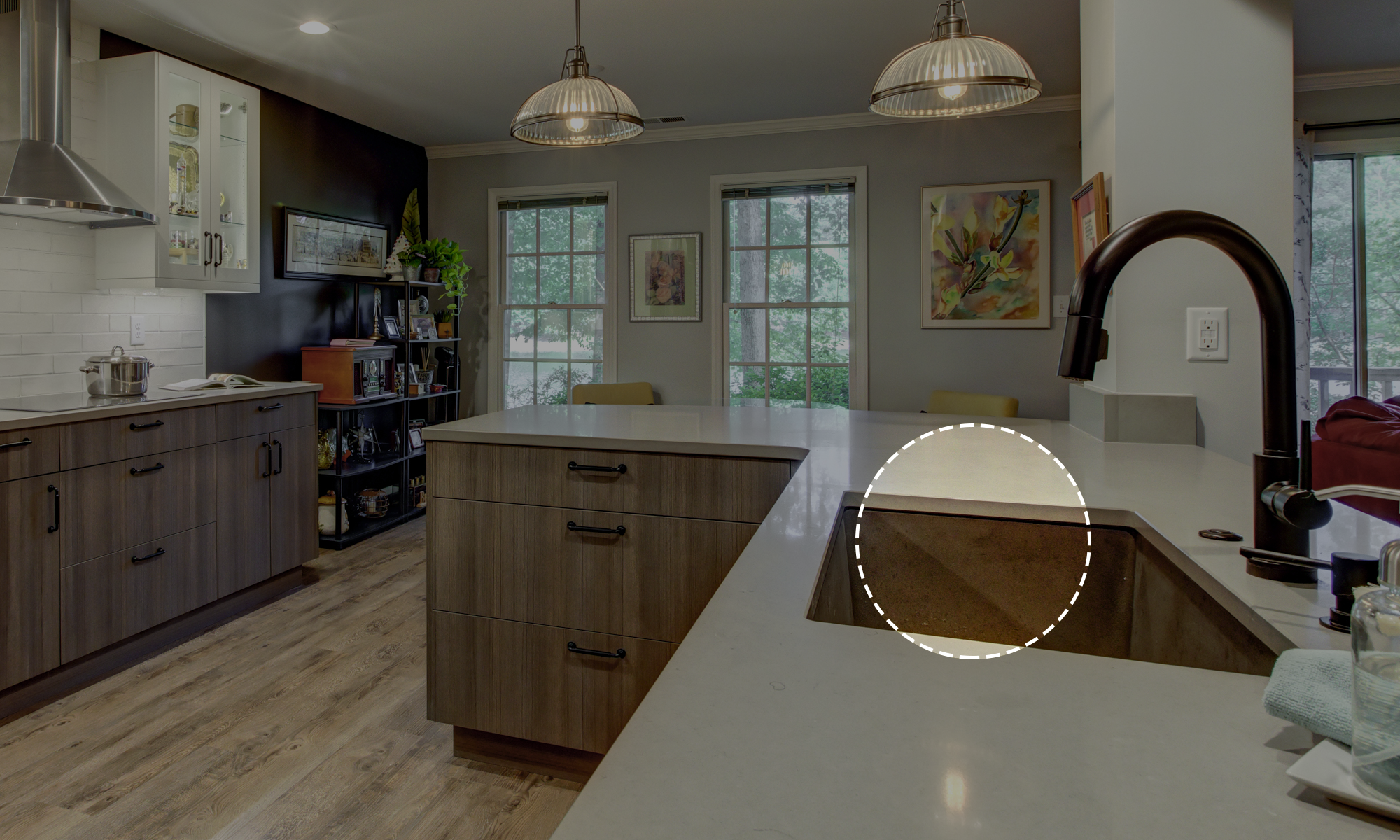
The most effective way to reduce sink noise is by adding a soundproofing undercoating. This is a thick layer of material that is applied to the bottom of the sink and helps absorb sound vibrations. This can be done during the initial installation of the sink or as a retrofit for an existing sink.
Be sure to look for sinks that come with a built-in undercoating, or purchase one separately and install it yourself. This will significantly decrease the amount of noise your sink makes.
2. Insulate Your Pipes

If your pipes are not properly insulated, they can also contribute to the noise level of your sink. As water flows through the pipes, it can create loud vibrations that transfer to the sink. Insulating your pipes with foam or rubber can help reduce these vibrations and make your sink much quieter.
3. Use a Quieter Disposal

If you have a garbage disposal in your sink, it may be adding to the noise level. Some disposals are much louder than others, so consider investing in a quieter model if yours is particularly noisy. This can make a significant difference in the overall noise level of your sink.
4. Upgrade to a Thicker Sink

The thickness of your sink can also play a role in its noise level. Thin sinks tend to be louder because they vibrate more easily. Consider upgrading to a thicker sink, such as one made of cast iron or fireclay, which can help reduce noise.
By implementing these solutions, you can greatly reduce the noise level of your kitchen sink and create a more peaceful and enjoyable cooking experience. Don't let a noisy sink disrupt your daily routine any longer - take action and enjoy a quieter kitchen today.



